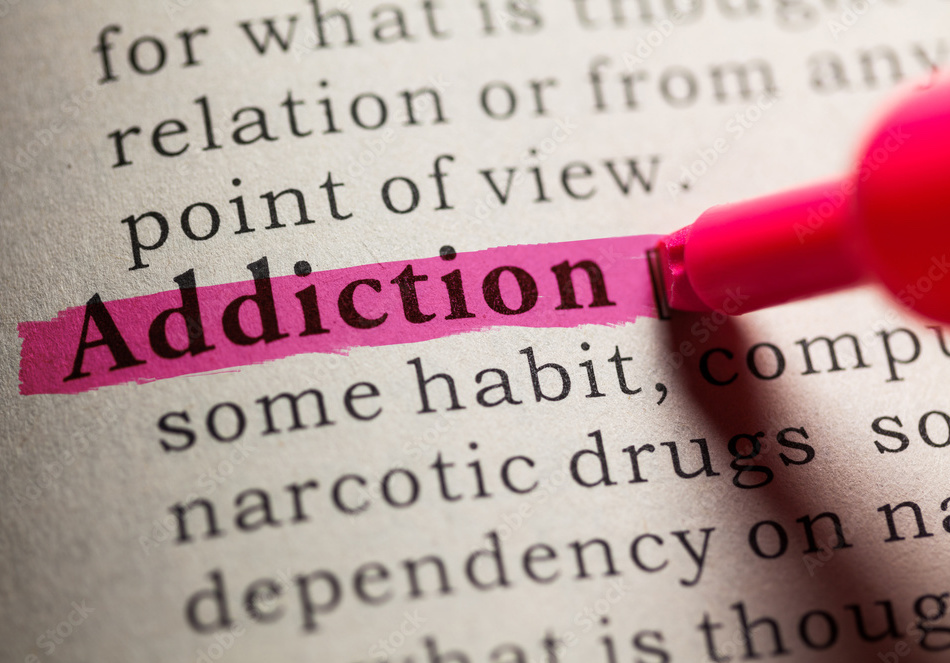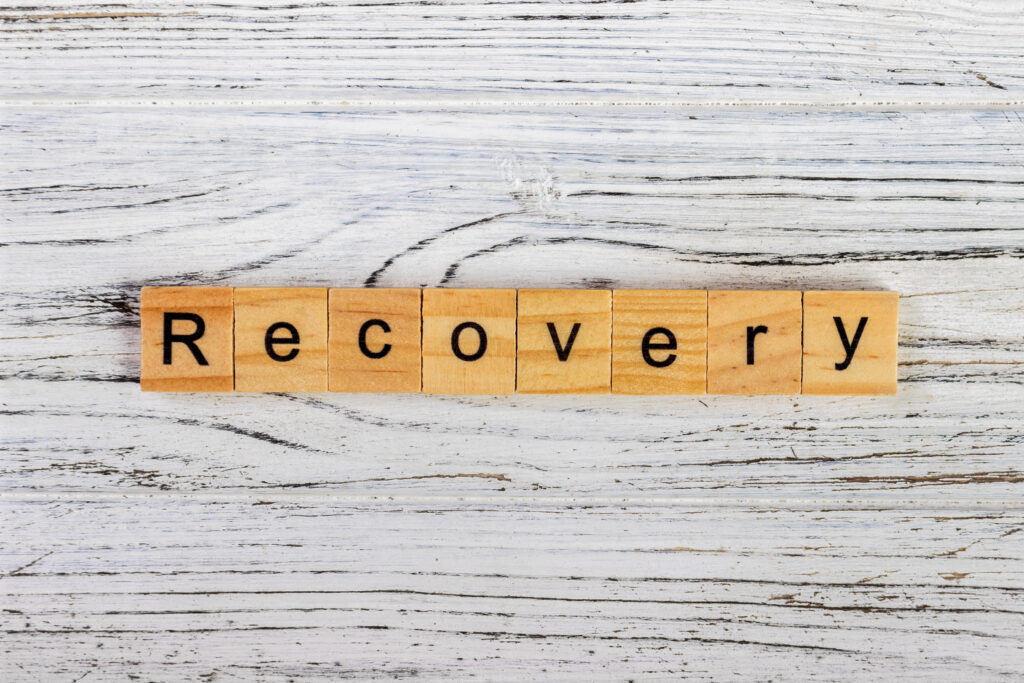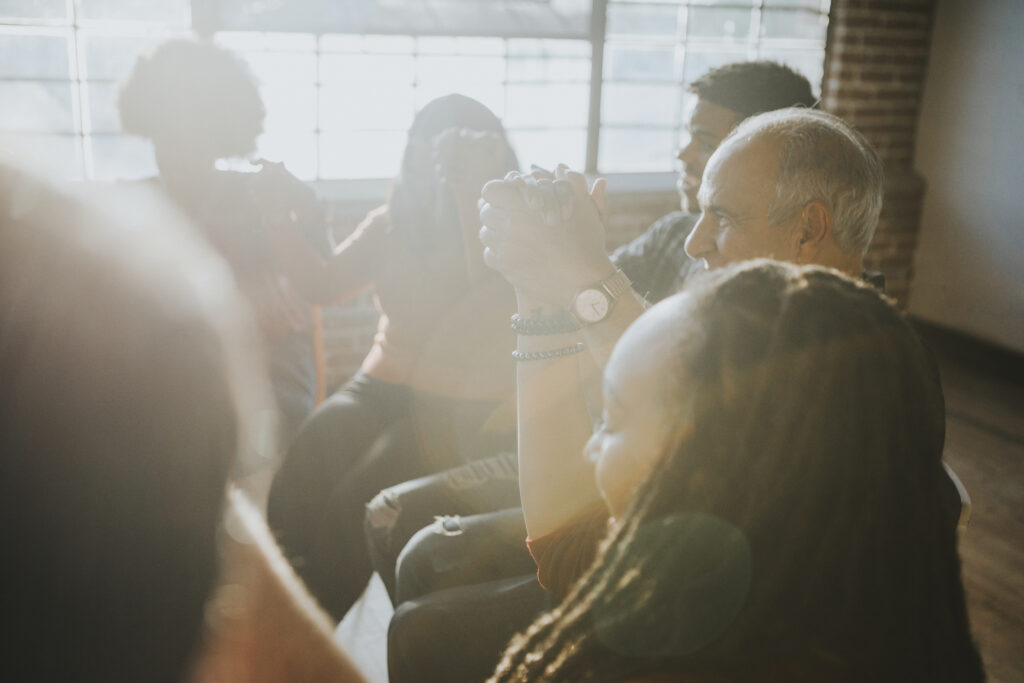Addiction is a biopsychosocial condition that causes a person to compulsively pursue rewarding substances or behaviours regardless of their adverse effects. Addiction can be seen as an attempt to solve a life problem, usually one involving emotional pain or stress.
The attempt to escape from pain is what creates more pain.
― Gabor Maté
Substances and addictive behaviours such as excessive eating or gambling stimulate the reward centres in the brain’s limbic system. These centres are in charge of our mood, attention, and emotional responses.
When you take drugs or engage in behavioural addictions, your brain’s reward system produces large amounts of dopamine. This neurotransmitter provokes feelings of pleasure and satisfaction, known as “feeling high.”
Such feelings are at the core of psychological dependence, which makes quitting substance abuse or behavioural addiction so difficult.
Continuous substance use disrupts the brain’s communication pathways, altering brain chemistry and causing the brain to crave the substance regardless of its negative consequences.
Not why the addiction but why the pain.
― Gabor Maté
If your addiction gives you a sense of comfort, what is your relationship with discomfort? If your addiction gives you a sense of control, why do you feel disempowered, lacking control in your life?
While you might feel in control of how much or how often you use a substance, your drug tolerance will increase over time. So, you will need more substances to achieve the same effect, turning the initial feeling of “high” into a risk of dependence and addiction.

The Types of Addiction
Boredom, rooted in a fundamental discomfort with the self, is one of the least tolerable mental states.
― Gabor Maté
The most common substance addictions involve:
- Alcohol
- Drugs
- Painkillers
- Sedatives and mood-regulating drugs
Behavioural Addictions:
- Eating
- Shopping
- Gambling
- Exercising
- Internet surfing
- Social Media
- Gaming
- Sex
- Work
Sometimes a person trades one addiction for another. For example, in substance abuse recovery, withdrawal causes a drop in dopamine levels, limiting one’s ability to experience satisfaction and happiness. To cope with the side effects of withdrawal and achieve feelings of joy and excitement, the person replaces their original addictive behaviour with another addiction.
What is the Impact of the COVID-19 Pandemic on Addiction?
Research shows that stress related to the ongoing COVID-19 pandemic has significantly increased substance use, anxiety, depression, and suicidal thoughts.
Moreover, according to the Centers for Disease Control and Prevention, stress, smoking and substance abuse are classified as underlying conditions linked with a higher risk of severe COVID-19 complications.
The coronavirus pandemic presents a challenge for people struggling with addiction in both ways: increasing the risk of substance use and addiction and increasing the risk of poor COVID-19 outcomes.
Also, people in substance use treatment face other unique challenges related to the pandemic. For example, physical distancing and quarantine, limited access to mental health services, and social support (peer-support groups, family, and friends) can increase relapse risk.
However, online support groups, online counselling, and telehealth have expanded during the pandemic, helping people in recovery.
The Role of Counseling in Treating Addiction

Addiction often has profoundly adverse effects on a person’s mental and physical health, relationships, work, and overall well-being. Healing from addiction is a complex and lasting process that could also involve outpatient or inpatient rehab treatment.
Addiction is much more than a physical dependence on substances. Addiction serves to fulfil an emotional need, not the need for a particular substance or behaviour. So, even after rehab, you may be at risk of relapse. Some factors that can cause you to go back to addictive behaviour involve:
- stress
- mental health problems
- social connections with people who still use substances
- relationship problems
Therefore, counselling plays a significant role in addiction rehab and recovery. It can help you overcome cravings and increase resilience, so you can cope with life challenges without reaching for substances or addictive behaviours.
Counselling in addiction treatment aims to help you work on the roots of your problems or the main reasons you reach for substances and addictive behaviours. Also, counselling for addiction aims to help you:
- stop the addictive behaviour
- acquire a set of tools for a healthy, sober life
- achieve a long-term recovery
- live a fulfilled life
Various talk therapies treat substance abuse and addiction. No method has been proven to be more effective than another, as psychotherapy needs to be tailored to a person’s addiction and individual needs.
However, the most common counselling treatment choices for addiction involve the following:
- Cognitive-behavioural Therapy (CBT)
- Family Therapy and Couples Therapy
- Dialectical Behaviour Therapy (DBT)
- Contingency management therapy
- Twelve-step programs (Alcoholics Anonymous)
Individual vs. Group Therapy for Addiction

Group therapy is generally considered more suitable for treating addiction as it provides support from peers in drug rehab.
At the same time, individual counselling can be helpful if you experience underlying conditions such as anxiety, depression, bipolar disorder, PTSD, or another mental health condition that requires a separate treatment.
Many rehab centres combine individual and group psychotherapy as a part of a holistic approach to treating addiction.
- About the Author
- Latest Posts
Co-founder and director of Leone Centre, 20+ years of experience supporting people, and offering valuable knowledge through Couples Counselling and Individual Counselling. Before becoming a therapist, I worked in the financial sector.

Get Started Today
with Leone Centre

BOOK NOW

Call us
020 3930 1007

View our therapists
Find your match


